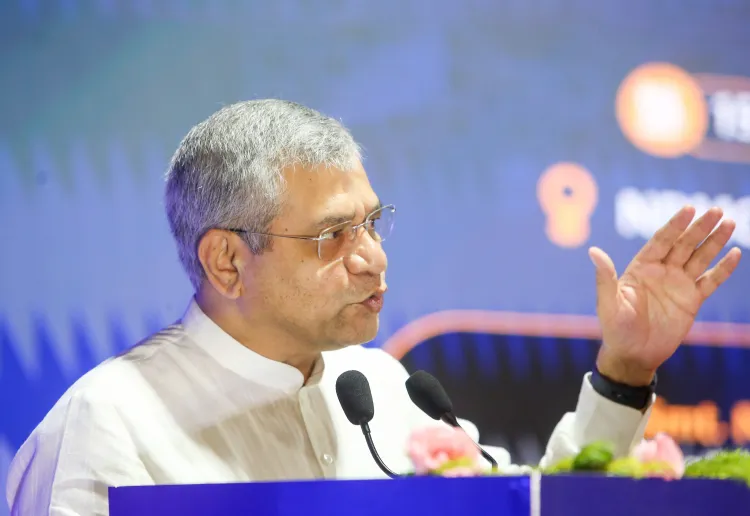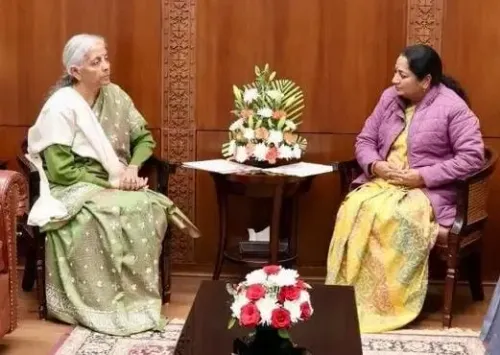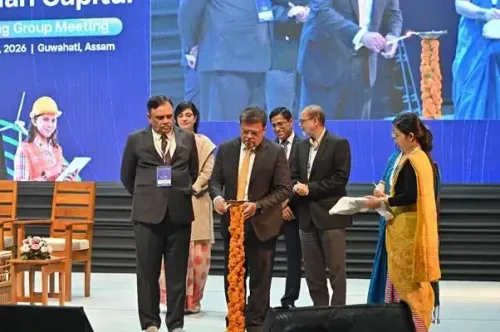How is AI Transforming Education, Healthcare, and Agriculture?

Synopsis
Key Takeaways
- AI is transforming education with significant improvements in student performance.
- Healthcare is being enhanced through advanced data analytics and AI tools.
- India will host the AI Impact Summit in 2026, highlighting its AI initiatives.
- AI has the potential to substantially boost India's economy by 2035.
- Concerns about job losses are being addressed, with a focus on new opportunities.
New Delhi, Sep 15 (NationPress) Union Minister for Information and Broadcasting, and Electronics and IT, Ashwini Vaishnaw, emphasized the revolutionary influence of Artificial Intelligence (AI) across vital sectors like education, healthcare, and agriculture. Minister Vaishnaw informed the media that AI is making remarkable improvements at the grassroots level, assisting in agriculture, augmenting healthcare services, and facilitating children's learning.
He provided an instance of how AI tools have significantly enhanced children's mathematical skills in Tonk, Rajasthan, where educational outcomes have surged by nearly 100 percent.
Furthermore, the minister noted that Maharashtra and Himachal Pradesh have also experienced similarly positive results.
In addition, Minister Vaishnaw announced that India will be the host for the AI Impact Summit in February 2026. This summit, showcasing India's AI advancements, follows similar events held in London, Seoul, and Paris.
During a recent meeting, NITI Aayog shared insights from its evaluation of various AI-related initiatives being executed across districts in anticipation of the summit.
B.V.R. Subrahmanyam, CEO of NITI Aayog, highlighted the immense potential of AI to bolster India's innovation and growth capabilities.
“AI can play a crucial role in boosting productivity. With its effective deployment, India is poised to achieve an 8 percent growth rate and contribute an additional $2 trillion to the economy by 2035,” stated B.V.R. Subrahmanyam.
He affirmed that a detailed roadmap will soon be released, outlining how AI applications will improve governance, workforce training, and industrial sectors.
Addressing concerns regarding possible job losses, Subrahmanyam likened AI to the computer revolution, asserting that it will ultimately create new opportunities.
"AI will pave the way for new prospects, just as computers expanded job opportunities rather than diminishing them," he remarked.










